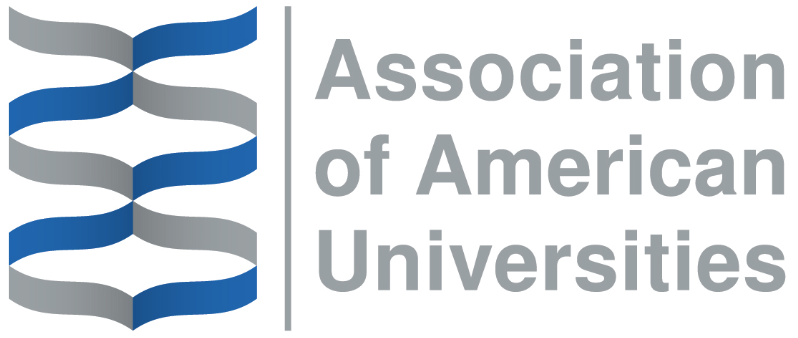
The University of Nebraska-Lincoln was ousted from the Association of American Universities in 2011, the first university to suffer that fate.
At the March 5 Faculty Senate meeting, Chancellor Rodney Bennett said the task of regaining membership in the AAU will be a “very heavy lift.” It will require more than just changing the way research expenditures at UNL and the University of Nebraska Medical Center are reported. It will require a commitment from the university system and the faculty.
“It will take a 10-year period to get from where we are to where we need to be” to get back in the AAU, Bennett said.
The Faculty Senate also discussed a motion calling for the establishment of a Faculty Budget Committee that would advise the administration in all budget matters. Sarah Zuckerman, associate professor of education administration, offered the motion as a way of making the budget process more transparent.
The goal of returning to the AAU was one Bennett discussed when he arrived at UNL last year. Then-President Ted Carter supported the goal as did members of the Board of Regents. Bennett said, however, the commitment required to achieve AAU membership is so substantial that the university should consider it carefully. The faculty and administration will need to decide what they want UNL to be and what they want the student experience to be, and those decisions will have to be made in light of budget limitations, he said.
The advantage of AAU membership is that it would put UNL among the most important educational institutions in the country, the ones that shape educational policy and influence funding, Bennett said.
“AAU membership provides the exposure and credibility that allows us to compete for the best talent,” he said. “If we decide the AAU is not where we want to be, we will have to accept not being relevant to the bigger discussion.” It also will make UNL less attractive to students and faculty, he said.
UNL’s status in the Big Ten Conference also bears on AAU membership. Bennett said athletics should not drive the decision, but it is significant that UNL is the only Big Ten school that is not an AAU member. The importance of that will only increase with the continuing realignment of athletic conferences and the addition to the Big Ten of schools that are AAU members.
Becky Zavala, assistant vice chancellor for research, presented charts showing where UNL stands relative to AAU schools on the various factors the AAU uses for making membership decisions. The factors include
- nonagricultural federal and industrial research expenditures;
- awards and honors for faculty;
- research publications and their frequency of citation;
- books published;
- research funded by the U.S. Department of Agriculture;
- doctorates granted;
- graduation rates for first-time students and Pell Grant students.
Zavala’s data showed that on most of these measures, UNL trailed AAU schools, sometimes substantially. And adding research dollars from the Medical Center alone would not change the standings. On only a couple of measures—USDA research and graduation rates for first-time students (but not for Pell Grant students)—does UNL rank with or above AAU schools.
Bennett said even if UNL were to improve in all areas to the point it ranks among AAU schools, that would not guarantee readmission. But he said that if UNL failed to rejoin the AAU, the effort would make it a better university.
Regarding the proposal for a Faculty Budget Committee, Zuckerman said her purpose was to increase the faculty understanding of the budget process and financial decision-making by administrators. It also would give faculty a greater voice on budget matters.
Zuckerman’s original proposal called for the new committee to meet with academic unit leaders and faculty each spring to hear their budget proposals and strategic plans. It would host fall budget and finance sessions for all faculty members interested in learning about the university’s budget and financial situation.
Because several senators questioned the practicality of the proposal, Zuckerman accepted a friendly amendment to eliminate the details of the committee’s charge. Senate rules prohibit voting for a measure at the meeting where it is introduced unless it is an emergency measure. A vote on the proposal, therefore, will not be held until the April 2 meeting. In the meantime, Zuckerman said she would work with the Senate Executive Committee to refine the committee’s charge.
On the morning of the Senate meeting, the members received an email with a statement from the Executive Committee strongly encouraging senators to participate in Senate meetings in person. Senators who must attend by Zoom, the statement said, should keep their cameras on during the meeting. The Executive Committee’s statement said, “We feel than an in-person Senate is most effective, is necessary, and presents all of the correct optics to our new administration.”
In other business, the Senate approved
- The ballots for elections to the Academic Planning Committee, the Academic Rights and Responsibilities Committee, and the Academic Rights and Responsibilities Panel.
- A change to the syllabus policy requiring faculty to include a statement on continuity of instruction in case classes are cancelled because of weather or some other event.
